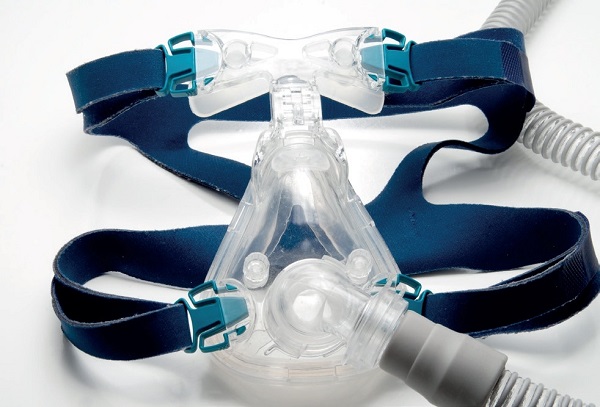New Delhi, (Samajweekly) UCL, a leading multidisciplinary university in London, on Monday said it has sent 100 non-invasive breathing aids to India as part of the UK government’s shipment of emergency medical supplies.
The UCL-Ventura breathing aid is part of over 600 devices, including ventilators and oxygen concentrators, being sent to India, which is experiencing its biggest surge in Covid-19 infections, with over 350,000 new cases reported on Monday.
Holistic supply partner GTEM packaged and transported the devices from their warehouse in Gloucestershire within just 24 hours. They are now being flown to Delhi for use in hospitals in India’s hardest hit areas, the university said in a statement.
Prof Rebecca Shipley, of UCL Institute of Healthcare Engineering, said: “I’m immensely proud of the UCL-Ventura team and indebted to our logistics partner, GTEM, who after receiving the call on Saturday morning, arranged for the shipment to be sent with the government’s emergency supplies to India’s worst hit areas.
“In the last year we have built partnerships in countries across the world and we remain committed to doing everything we can to support the global Covid-19 response.”
Following the shipment of the first 100 devices, the team is ready to send more to India to help support the fight against Covid-19 and support hospitals in the region which are overwhelmed with patients.
The surge in cases has come at the same time as a severe shortage of medical oxygen in some areas.
The UCL-Ventura is a Continuous Positive Airway Pressure (CPAP) device, which is non-invasive and helps to keep patients off mechanical ventilators. It is quick to produce and easy for staff to learn how to use.
It is in use in hospitals in at least 15 countries around the world. They were used extensively in the first waves in Italy and China, preventing around 50 per cent from progressing to mechanical ventilation, which requires sedation.
Engineers at UCL and Mercedes-AMG HPP worked round the clock with clinicians at UCLH to reverse engineer CPAPs during the UK’s first lockdown as they were in short supply in hospitals.
It took fewer than 100 hours from the initial meeting in March 2020 to production of the device. Since their mass manufacture, use of mechanical ventilation in UK hospitals has fallen by 26 per cent and intensive care stay has halved for survivors.
The plans and details required to make the device were also made available for manufacturers to download at no cost. Within just two days, nearly 700 requests to access the information had been approved for manufacturers, non-profits, health experts and research institutes in 25 countries, the university said.
The UCL-Ventura team has worked with charities, including the International Medical Education Trust (IMET2000) and Medical Aid for Palestinians (MAP), to support distribution and manufacture around the world.
Around 3,000 components of the kit have been delivered to countries by GTEM.
Download and Install ‘Samaj Weekly’ App
https://play.google.com/store/apps/details?id=in.yourhost.samajweekly









